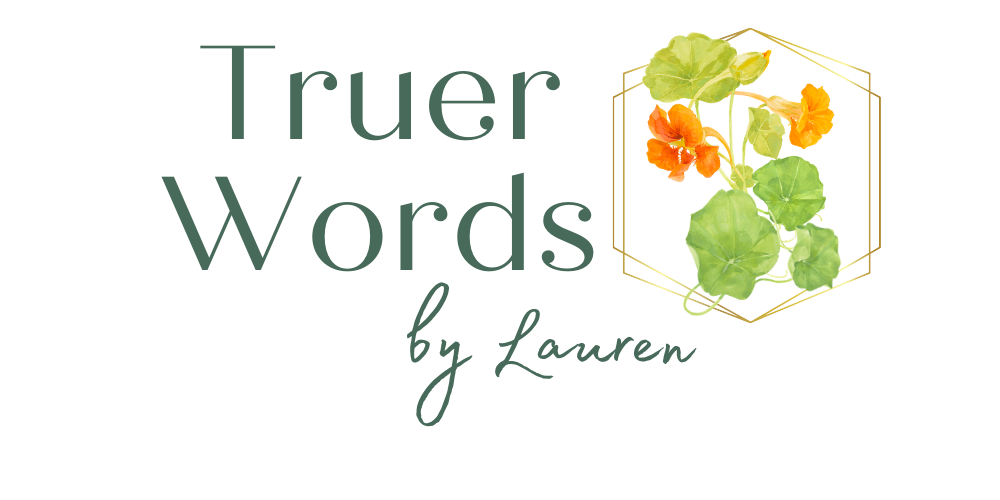The Pushback on “Ethical” Marketing
This week I’ve been listening to every podcast episode Tarzan Kay has been on for the last 2 years. It’s becoming a Jonathan Van Ness + Michelle Kwan level of obsession/admiration (reference for my fellow Queer Eye fans); I think she’s so cool. Here’s why:
Tarzan Kay is one of the top email copywriters in the western world. From 2016 to 2019, she went from making $60K/year to a MILLION DOLLARS. Not quite by her bootstraps, she formed a working relationship early on with Amy Porterfield (this is also the story of Laura Belgray/Talking Shrimp and Marie Forleo — clearly, the way to making millions is to partner early with the right coach).
She’s completely upfront about her lucky breaks, and she worked hard, so I can’t be mad at it. Anyways. She scaled her business to multi-million dollar proportions with $10K+ programs using all the icky/salesy tactics, and then, a few years ago, she slammed on the breaks.
She scaled back. Way back. She rebranded. She made a complete shift to “values driven” marketing, and started calling out manipulative tactics.
But here’s the thing: She does not like or use the word “ethical.” Because, in her words, “who gets to decide what is or isn’t ethical?” She uses the words “values driven” instead.
I am not one to get into semantics. Those arguments bore me. But this is a discussion worth having. Does “ethical” set us up to conform to someone else’s standards? And if so, whose?
Ethical comes from the Greek ethos "moral character" and describes a person or behavior as right in the moral sense - truthful, fair, and honest. - Vocabulary.com
ETHICAL may suggest the involvement of more difficult or subtle questions of rightness, fairness, or equity. - Merriam-Webster
Who gets to decide what is or is not ethical?
Here’s what I think.
Me. I do. You do too. So does Tarzan Kay. I believe we each create our own code of ethics based on what we believe is right, fair, and honest. We are human and inherently subjective, so my ethics and your ethics may will vary.
Without putting words in her mouth, I think Tarzan would say the same thing about values.
So we use different words, but here’s what we have in common:
The call is yours to make. What feels right and what feels wrong — that is YOUR decision. Not mine, not hers, not anyone else’s.
This is why the ethical move stopped having objective standards for what was, and was not, considered ethical. The only marketing tactic anyone could agree on (at first) was charm pricing (prices with .99 at the end, which trick the brain into thinking you’re spending less money). Everything else — countdown timers, scarcity, false freebies — was hotly debated. The Pledge they asked business owners to make used to be to not use 5 specific tactics. Then it was “just don’t use charm pricing.” Then it wasn’t even that. Here’s what it is now — not a single tactic mentioned, because nobody could agree.
This is what I tell my students on the first class session of every Truer Copy Mastermind:
“Ethical marketing” is the wild west — we’re all making up our own rules. We are all defining “ethical” for ourselves. And I encourage you to critically think about what feels good to you and what doesn’t. What tactics and strategies are clearly designed to manipulate, and whether or not you’re comfortable using them.
And I’ve had students push back! I’ve had students say “hey, this thing you’re saying I should do on my about page doesn’t feel ethical to me.” And my response is: “Cool, what does? Let’s go with that.” I don’t argue that my way is the right way. My way is right for me. It’s not necessarily right for you. My job is to help you find your own right way.
Here’s where I stand (you can stand wherever):
I will continue to use the word Ethical, and I will continue to love the words “values driven.” For me, they mean the same. I’m not a lawyer or academician, semantics hold no interest for me. We all want the same thing.
My definition of ethical marketing is: Providing the information consumers need to make the best decision for them, in their own best time. And that information should be presented transparently, honestly, and without strategies or tactics that are dishonest (looking at you false urgency), designed to hijack the lizard brain (fear tactics like FOMO), or crafted explicitly to fool our brains (charm pricing).
Now, that still leaves a LOT open to interpretation. You could call every single one of Cialdini’s principles of persuasion manipulative (here’s a sweet 11min video if you’re like, who? wuh?). Or you could call them understanding human nature. Or both — acknowledging that if we press down on certain levers, we’ll likely get certain responses.
As mindful (dare I say Ethical) marketers, we need to be aware of what we’re doing and the effect it’s having on our clients, and then make a conscious decision.
Sidenote: Some people say crying babies are manipulative. Some people say all human interactions are inherently manipulative. Some people (me, okay, it’s me) say dogs with those big puppy-dog eyes begging at the table are manipulative. I mean, you could just go ON with what is and isn’t. I’m not interested in that debate.
What I am interested in is promoting agency, conscious decision-making, critical thinking, and questioning everything.
And if you’re interested in that too, then sign up for Tarzan Kay’s emails and listen to those podcasts, because she is doing a great job of getting those ideas out there.

